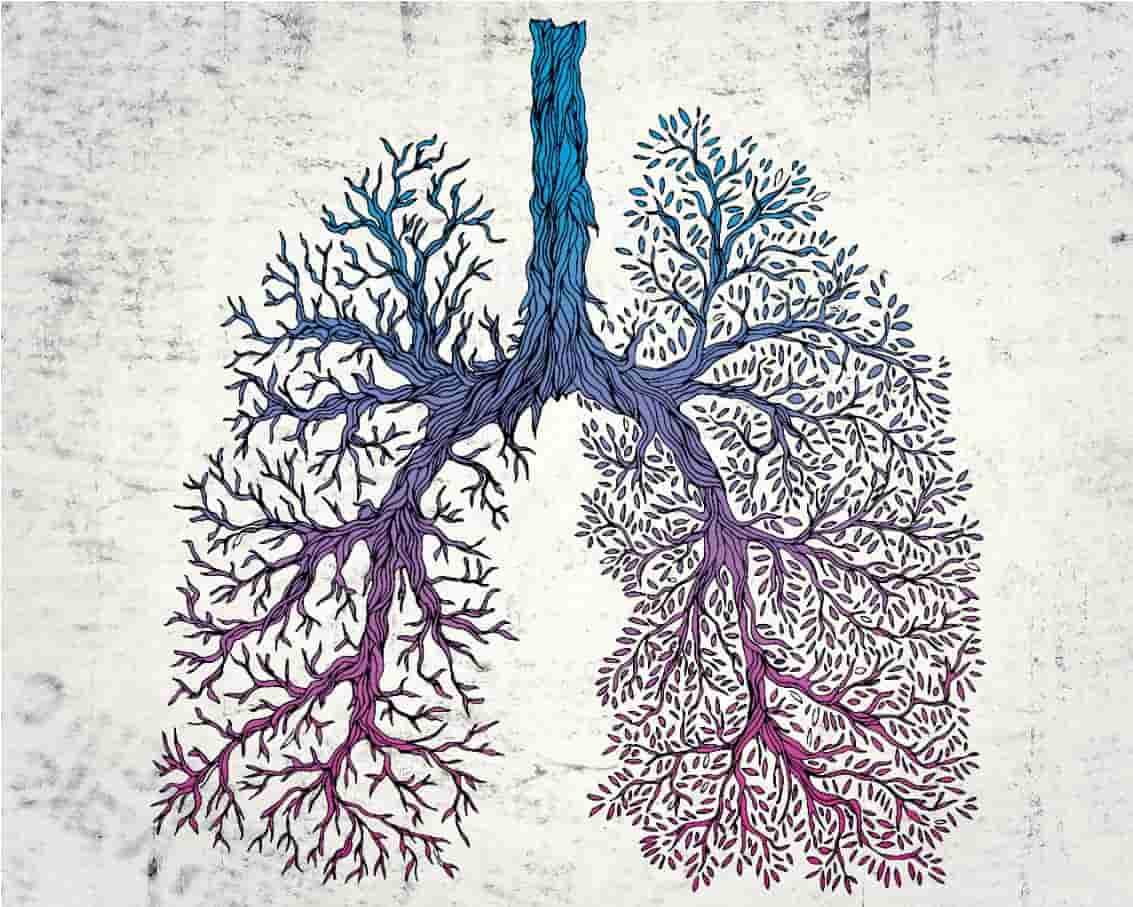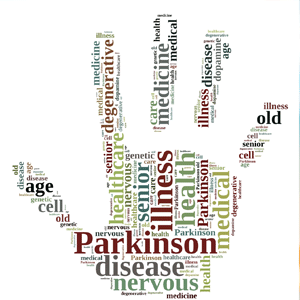And this is where I leave you...
So now it’s
crunch time. The semester is ending and even though this practice won’t be
ending for me, it’s time for me to share not only what I’ve learned and
experienced but how that is reflected in the experiences of others.
We’ve made some pretty fine points during our time together. We’ve learned what nidra yoga is, how it’s done, and how the practice can positively impact not only your mental health but your physical health in terms of reduced stress and improved sleep and sleep quality.

(For those of you who are playing catch up, we (my peers and I at the University of West Georgia) were asked to select a mind-body practice for the semester and to document our journey with it. I opted for a thing called Nidra Yoga. Nidra Yoga is quite literally "yogic sleep," (Sanskrit) a form of meditation and deep relaxation. I became interested in it when reading an article (Dinsmore-Tuli, 2021) on it being used in midwifery in the UK in order to combat exhaustion and sleep deprivation in the midwives after a woman crashed her car and died. - She fell asleep at the wheel. The idea is that it is taking a moment (or specifically, about thirty minutes) to rest, to take inventory of our bodies and our beings and to use this awareness to achieve more of a sense of peace and calm while being in a neutral, resting state. It has shown great success not only in the realm of sleep deprivation but also in dealing with anxiety, depression, pain management, and some traumas which we will discuss in just a moment.)

I think of nidra yoga as the “real” power nap that we all joke about because whereas it only lasts, on average, a half hour, it does seem to go a long way towards replacing lost sleep or low-quality sleep. I have experienced many changes that I can (and do) attribute to adopting this practice. (Including the fact that taking anything, even melatonin, leaves me in a deeper haze than the actual sleep deprivation that I experience regularly. Since stopping taking anything to aid with my sleep and adhering only to my meditation schedule, I find that my performance is significantly increased.)
Sleep is a pretty big topic, the world over, I would say. Not enough of it (or enough good quality sleep) can have some disastrous consequences. Mentally, it can cause or aggravate anxiety and depression. It leads to being easily irritated and frustrated. It will lend itself to making poor life choices, simply out of exhaustion. It can lead to difficulty remembering and focusing and these can become long term problems. In terms of the physical body, sleeplessness leads to cell break down, hormonal imbalances across the board, and additional (even potentially fatal, given the opportunity) stressors on all the bodily system, most notably the heart. If there is one thing our minds and bodies both require, I think that sleep may be at the top of the list of things that tie them together. Using techniques like nidra yoga, I feel, are a simple but empowering way to reclaim your missed sleep (and the health “points” that you’re losing).

Maybe my experiences haven’t sold you, so to speak, on the usefulness of nidra yoga. – I would understand that. Not everyone has a house full of kids, a husband who snores til we wake up at 4am, whilst working their way through college. Maybe you’re stressed out because of work, or maybe you’re chronically ill, or maybe you’re “just” anxious or depressed. Nidra Yoga can be there for you, too. Let me tell you why.

One of the most advertised mental struggles seems to be anxiety. Abnormal breathing patterns and breath rate have been linked to anxiety, ADHD, ADD, ODD, and CD. A study done in Germany which utilized nidra yoga in a group of boys (ages 10-15) who attended a school for disruptive children showed that after the nidra yoga sessions, the boys’ breath rates were more normalized and steadier, that they showed a decrease in stress overall, and a clear improvement in their behaviors. (Jensen, Stevens, Kenny, 2012)

The fact that something as simple as teaching these children to relax and to breathe was likely a game changer is something that we all need to stop and take note of. Is it really so easy, when we, too, are feeling “disruptive” or impulsive that we could just stop and regulate our breathing using simple meditative practices?

This stuff isn’t just for kids though. There is probably no more stressful career field than medicine and I think nurses bear a huge weight in dealing day in and day out with people who are hurt, sick, tired, and probably not very kind because of what they’re experiencing in that moment. A six-week study of a group of nine nurses showed that even a weekly session of nidra yoga lessened not only their stress levels but even their muscle fatigue. (Andersen, Mammen, Pletch, Pulia, 2017) Just once a week and they saw not only improved mental states but also improved physical qualities! (And to think I’ve been doing this every day!) I wonder if any of them kept the practice up after the study was over? Maybe they shared the experience with people they met.

Patients can also benefit from nidra yoga in terms of comfort levels. (Which makes the nurse’s job less stressful!) In a 2019 study, researchers used three test groups of people (144 patients) who were undergoing colonoscopy. (I’ve never had this done and I’m not looking forward to it.) The first group had no additional calming resources, the second had calming music, and the third used nidra yoga. (Li, Li, Wang, Feng, Ouyang (2019). The nidra yoga group rated the best overall experience, even in willingness to repeat the procedure! (If I ever need to have this done, I’ll have to remember this research!)

Being in a doctor’s office is never any fun, especially if you have to be there often. Being chronically ill (and often this means chronically in pain) often leads to anxiety, depression, and just an overall break down. A study in 2010 demonstrated that nidra yoga was highly efficient in reducing stress in patients experiencing Multiple Sclerosis and also cancer. (Pritchard, Elison-Bowers, Birdsall,. 2010) There was also emphasis put on the fact that this practice is not only efficient as an intervention for stress and pain but that it is also extremely cost efficient for those who are already likely dealing with the burdens of medical bills.

Nidra yoga really does seem to offer something for everyone. Reduced stress and anxiety, more sleep and of a higher quality, better health and more optimal healing, and more efficient pain management techniques. Those are just the “big ones.” I think it’s really in the details of your day, how your improved state of being not only affects you but allows you to affect others.

Maybe nidra yoga isn't a miracle cure but I think research shows that when it's used along side modern medicine, it significantly strengthens your chances of improved health, both mentally as well as physically. I'll be the first to tell you that I'm no good at "breathing through the pain" but I think, with practice, this one simple coping mechanism could provide stress relief in countless areas on a daily basis! Do you think you'll give it a try? It really is so easy to do and so easy to love! As the semester is over, so is the "assignment." But whereas you may not hear from me again on the topic (unless you ask me about it!), I will absolutely carry on with it in my daily life. Reach out to me if you have any questions or if you just want to talk about my experiences with nidra yoga or the research that I've read in regards to the experiences of others!

Dinsmore-Tuli, U. (2021). The
radical act of rest. Midwifery Matters, 170, 20–22.
Jensen, P. S., Stevens, P. J., & Kenny, D. T. (2012). Respiratory patterns
in students enrolled in schools for disruptive behaviour before, during, and
after Yoga Nidra relaxation. Journal of Child and Family Studies, 21(4), 667–681. https://articles.westga.edu:2116/10.1007/s10826-011-9519-3
Anderson, R., Mammen, K., Paul, P., Pletch, A., & Pulia, K. (2017). Using
yoga nidra to improve stress in psychiatric nurses in a pilot study. The Journal of Alternative and Complementary Medicine, 23(6), 494–495. https://articles.westga.edu:2116/10.1089/acm.2017.0046
Li, L., Shu, W., Li, Z., Liu, Q., Wang, H., Feng, B., & Ouyang, Y.-Q.
(2019). Using yoga nidra recordings for pain management in patients undergoing
colonoscopy. Pain Management Nursing, 20(1), 39–46. https://articles.westga.edu:2116/10.1016/j.pmn.2018.04.005
Pritchard, Mary, Elison-Bowers, Patt. Birdsall, Bobbie. Stress and Health:
Journal of the International Society for the Investigation of Stress, Vol
26(3), Aug, 2010. pp. 233-237.

Comments
Post a Comment